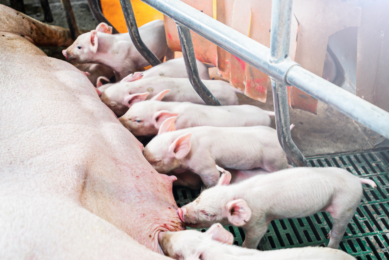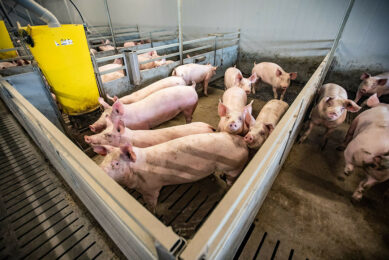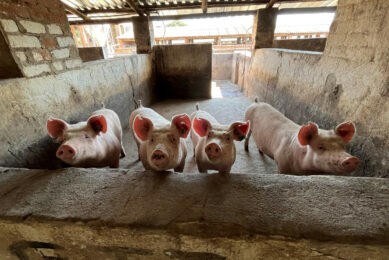Smithfield will ‘bounce back’, experts say

Market experts say that Smithfield, the largest producer of pork, will not be affected in the long term by the current flow of negative publicity.
“If there is a setback – and I’m not sure there will be a setback – I think Smithfield will bounce back,” said Kenneth Herbst, an assistant professor of marketing at The College of William and Mary’s Mason School of Business.
He added, “The product they make is enjoyed by many, many consumers. I think Smithfield’s going to be OK.”
Contamination suggestion
Last month, the magazine of Rolling Stone, enjoying a circulation of approximately 1.4 million, suggested Smithfield’s pig farms in North Carolina, would be contaminating surrounding land and waters.
Another media release, in a PBS show, aired locally in December, told of worker grievances and company responses at the Tar Heel plant, North Carolina.
Consciousness
Michael Smith, director of professional communication at La Salle University in Philadelphia, saw both pieces. “I’m not sure the story has the legs to reach a broader public consciousness.”
Recent figures showed an overall decline in sales – from $2.87 billion a year ago to $2.81 billion – but an increase in pork sales.
Related websites:
• Smithfield
• College of William and Mary’s Mason School of Business
• La Salle University
• Rolling Stone
• PBS
For the latest pig news, subscribe here











